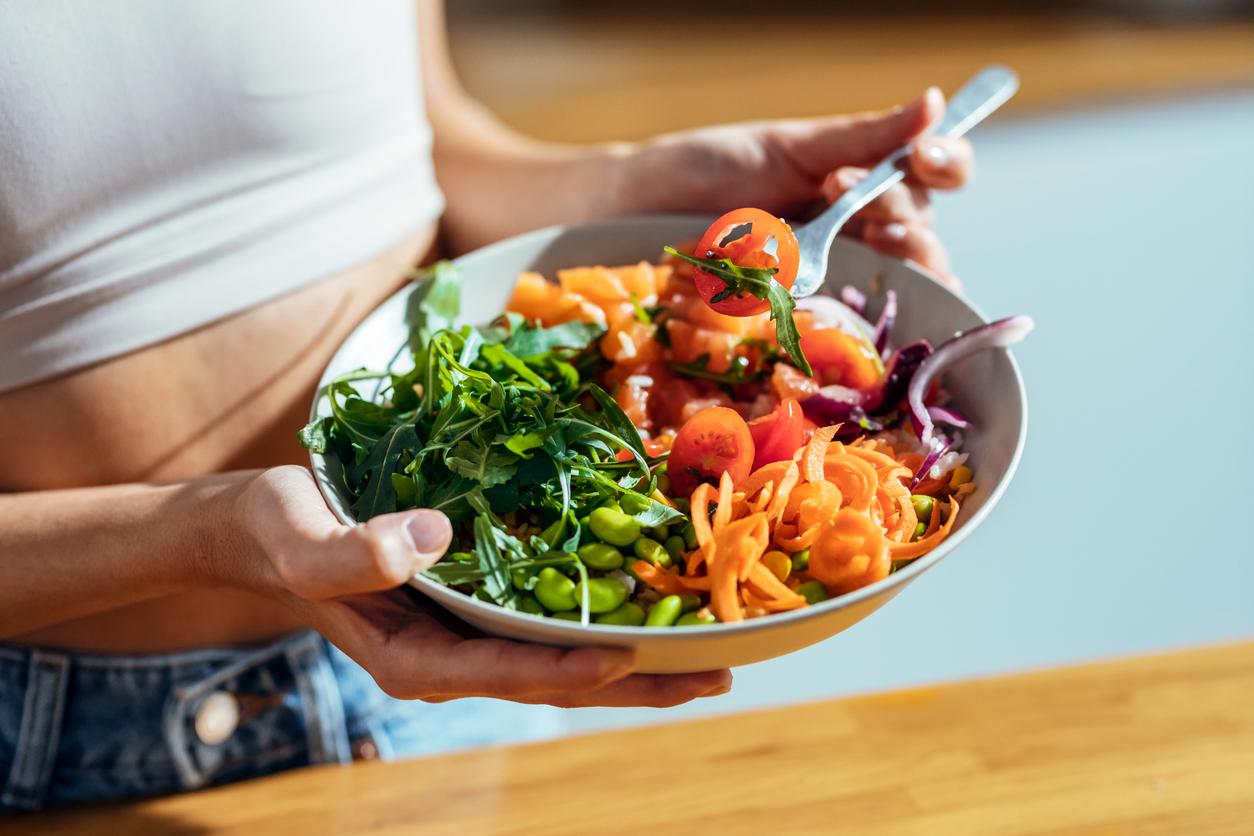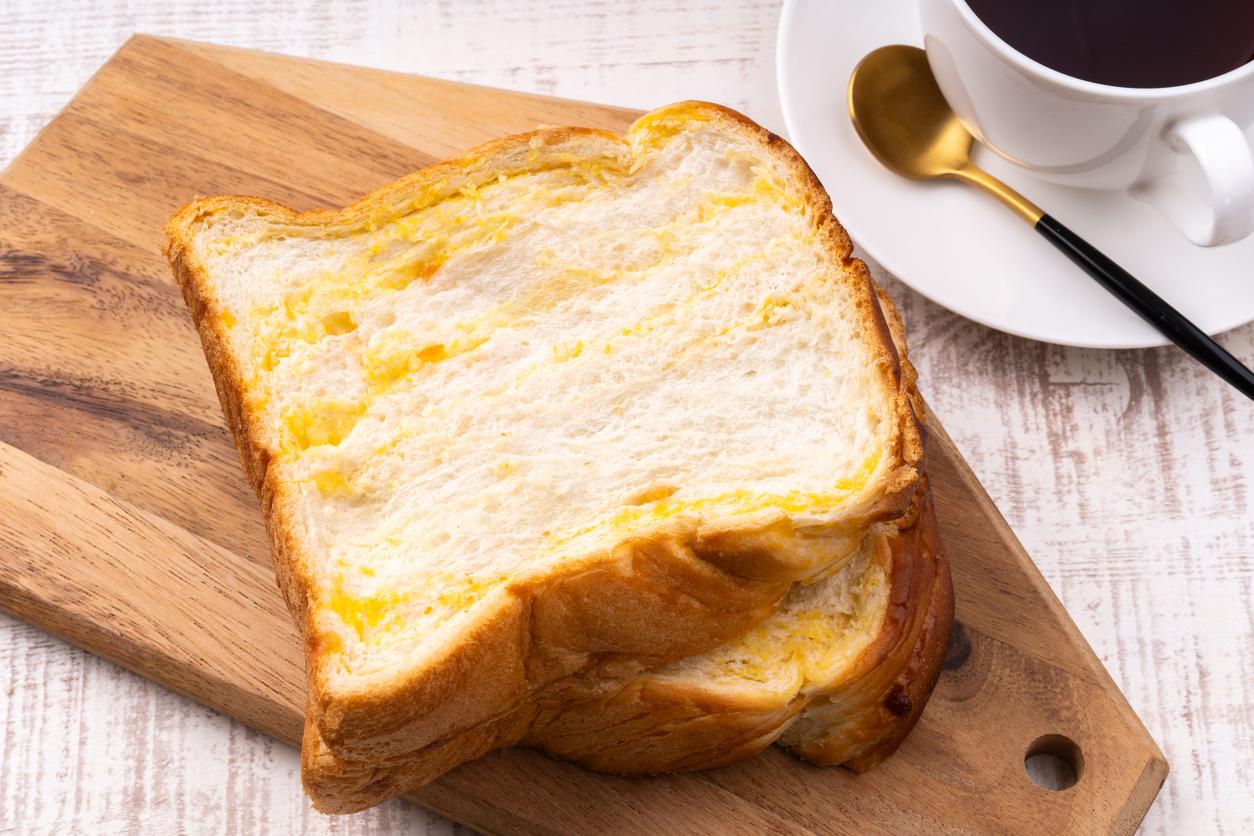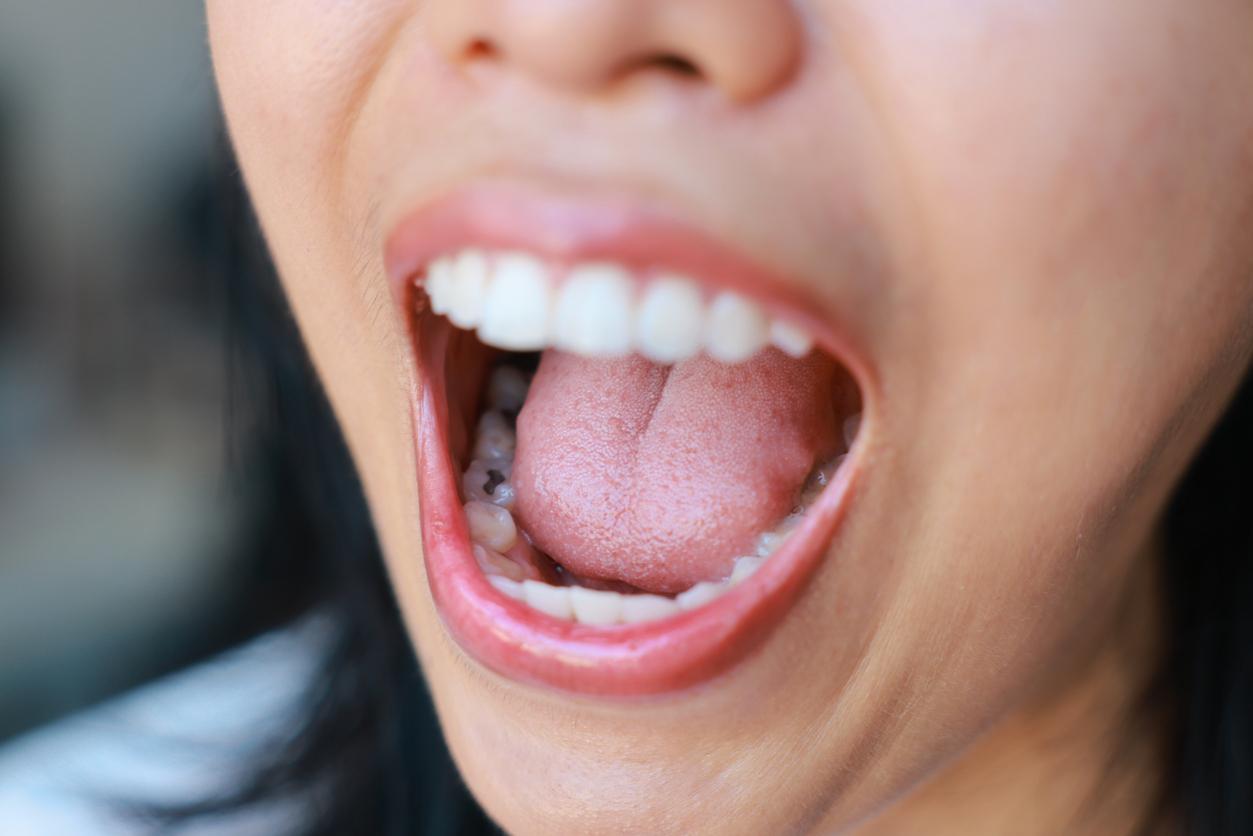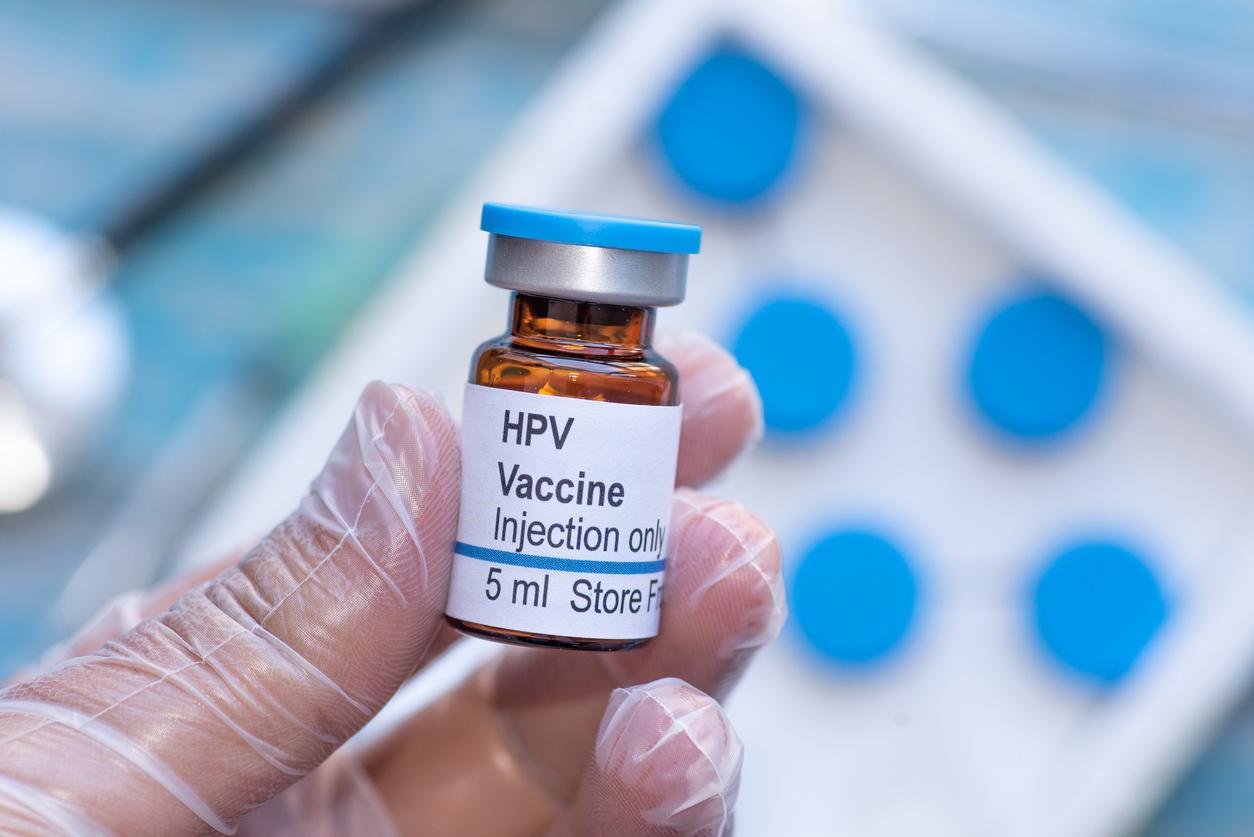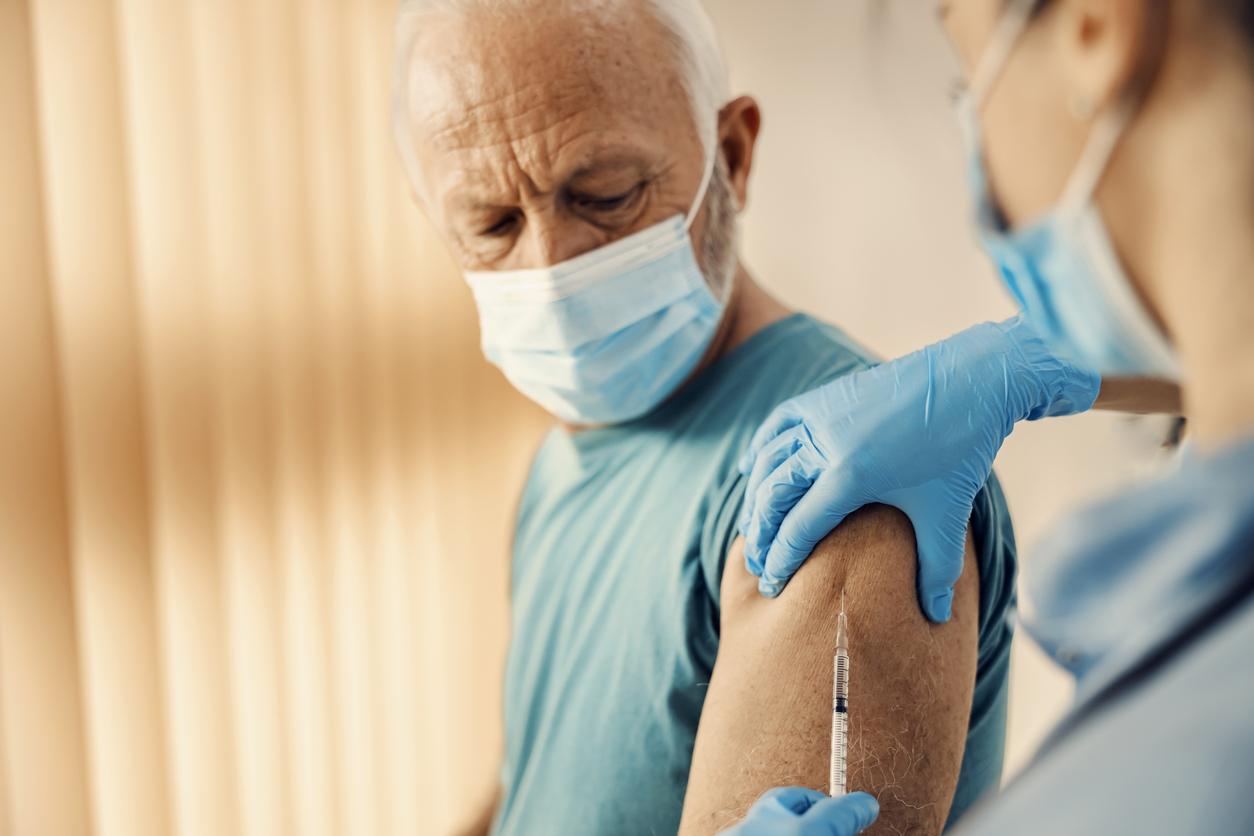Thanks to genetically modified rice, it would be possible to administer vaccines. The aim of this project is to supply countries where the conservation of serums is difficult.
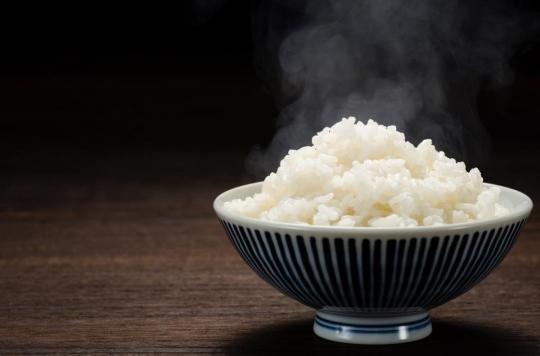
- The World Health Organization estimates that there are between 1.3 and 4 million cases of cholera each year.
- Medicines have already been created thanks to a modification of plants, in particular against the flu or Ebola.
- According to the researchers, all vaccines, even those injected, could have variable effectiveness depending on the state of the intestinal flora.
If you are belonephobic, or phobic of needles, this news should please you: researchers are working on the development of rice to inoculate the vaccine against cholera. The disease is more frequent in countries where access to drinking water is reduced and where sanitation facilities are lacking. However, under these conditions, the conservation of vaccines can be a real challenge in the absence of sanitary infrastructures and/or electricity. For this reason, the team of scientists from the University of Tokyo became interested in rice. They explain their approach in The Lancet Microbe.
A safe cultivation method?
The production of rice intended for vaccination must follow a precise protocol. Today, plants are grown in hydroponic farms, in specific buildings. According to the researchers, they are completely isolated from the environment, because the risk is that these genetically modified organisms contaminate other plants in the vicinity.
An effective immune response
The rice used by the researchers has in fact been genetically modified in the laboratory: it produces a portion of a protein from the bacteria responsible for cholera. When a person ingests the rice, the effect is similar to that of a vaccine given by injection. The immune system reacts to the presence of this bacterium, recognizes it and neutralizes it. In the test carried out with sixty participants, the cereal proved its worth. Each time, the portion of rice (1.3 or 6 g) was mixed with water. In total, the experiment lasted eight weeks and the participants took four doses of rice. “All participants reacted to the vaccine, with the low, medium and high doses, but the strongest immune response was at the higher doses“, comments Hiroshi Kiyono, the director of this project called MucoRice.
What will be the impact of the intestinal microbiota?
During the study, eleven people had no immune reaction. “We thought that the intestinal flora may have an impact on the immune response“, says Dr Kiyono. The composition of this set of bacteria can vary according to different factors, but in this research, the scientists find that the more varied the microbiota, the stronger the immune response. Further trials will be necessary, with more diverse participant profiles, to better understand the links between the microbiota and the vaccine.The Japanese research team is already planning to carry out other studies in Japan and other countries to test the effectiveness of this rice- vaccine.
.








